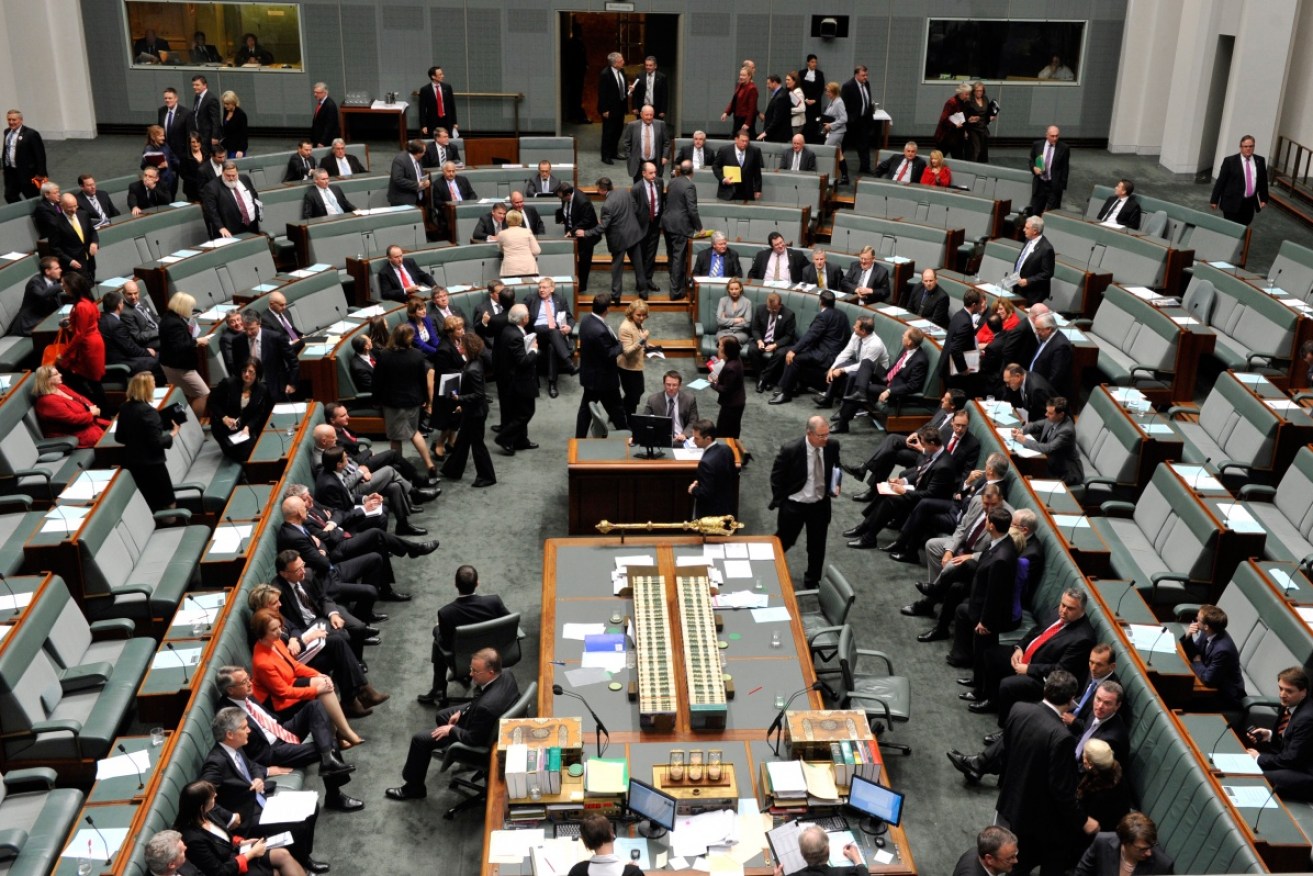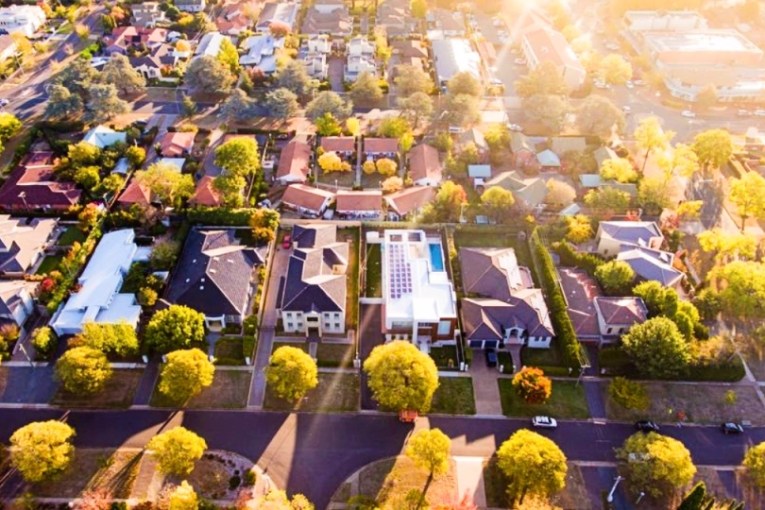Most Australians could not name their local MP, poll suggests


Many Australians have no idea who their local MP is. Photo: AAP
Despite the pamphlet mail outs, local newspaper advertising, street stalls and event appearances, the majority of Australians still cannot name their local MP.
That is the finding of a new survey, contained in a discussion paper by the Australia Institute, that suggests only 39 per cent of Australians know the name of their federal member.
“In other words, 61 per cent of respondents did not know the name of their current federal MP,” the discussion paper said.
“Note that knowledge was not tested here; it is possible that some who said they did know their MPs name are mistaken.”
It also found only 13 per cent of those surveyed had spoken to their MP, either in person or over the phone, while 16 per cent had written to the local member.
Not quite a third (29 per cent) would feel confident speaking to their local MP about concerns they had about a political issue, the poll found.
The survey of 1408 Australians was conducted between April and May last year but was released on Thursday as part of an Australia Institute discussion paper that argues for an increase in the number of elected representatives in Federal Parliament.
The polling found 50 per cent of Australians actually wanted fewer parliamentarians while 33 per cent favoured no change in the numbers. Only 9 per cent were keen to see an increase.
But the Australia Institute argued “low levels of political engagement may lead people to oppose increased representation”.
“Over-stretched MPs may be difficult for voters to access,” researcher Bill Browne wrote.
“This could contribute to voter scepticism about the value of federal parliamentarians, reducing support for increasing the number of MPs.
“Paradoxically, one solution would be to increase the number of federal parliamentarians.
“This would increase capacity for MPs to interact with their community.”

Australia has a system of representative democracy. Photo: Getty
Monash University political expert Dr Zareh Ghazarian said the 61 per cent figure was “quite high” and reflected a “knowledge deficit about politics and government generally”.
The result was surprising given Australia’s system of representative democracy, he said.
“The concept is people elect that person and then they will pass judgment on them in three years’ time,” Dr Ghazarian told The New Daily.
“I’d be interested if it would be a similar number for state MPs because people are often more in contact with state services.”
Dr Ghazarian said the increased focus on political parties, the presidential nature of politics today and the decline in local newspapers across the country all contributed to Australians’ lack of knowledge of their local representatives.
The polling comes as populist parties and politicians surge in liberal democracies around the world, with some analysts attributing the shift to a dissatisfaction with existing political structures.
In December 2016, an Australian National University study found public confidence and satisfaction with Australian democracy had hit record lows.
The report said 74 per cent of respondents believed politicians just looked after themselves, compared to 26 per cent that believed their representatives could be trusted. In 2010, 43 per cent said they could trust politicians.







